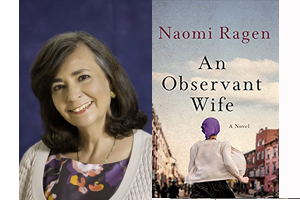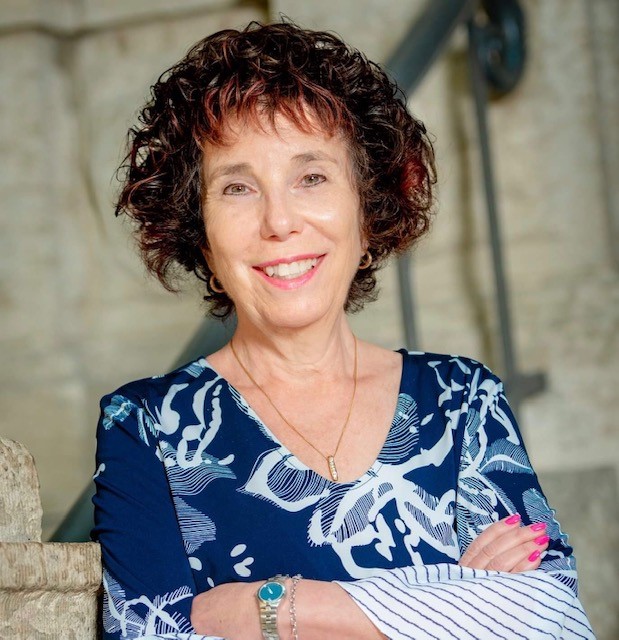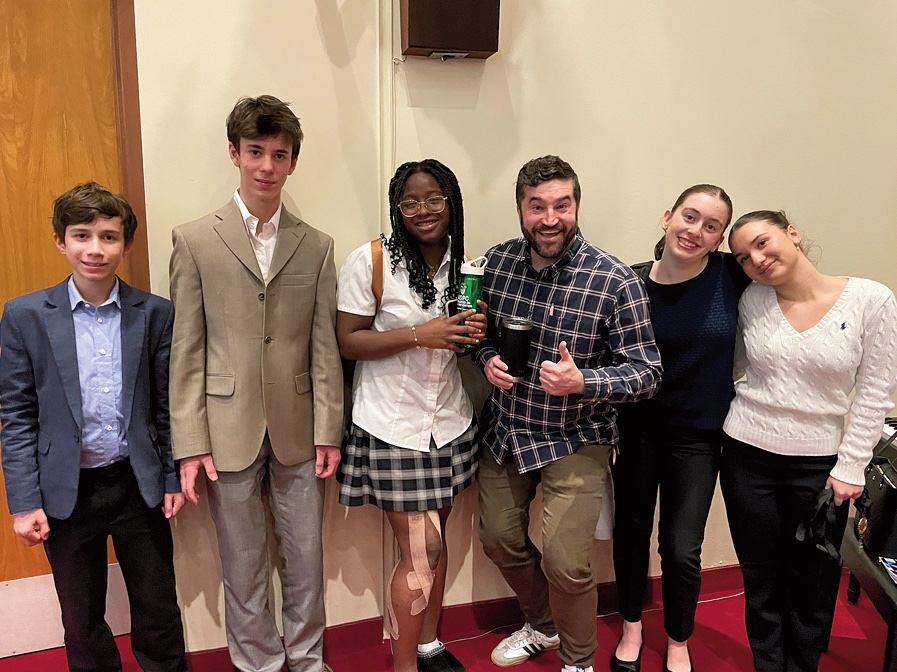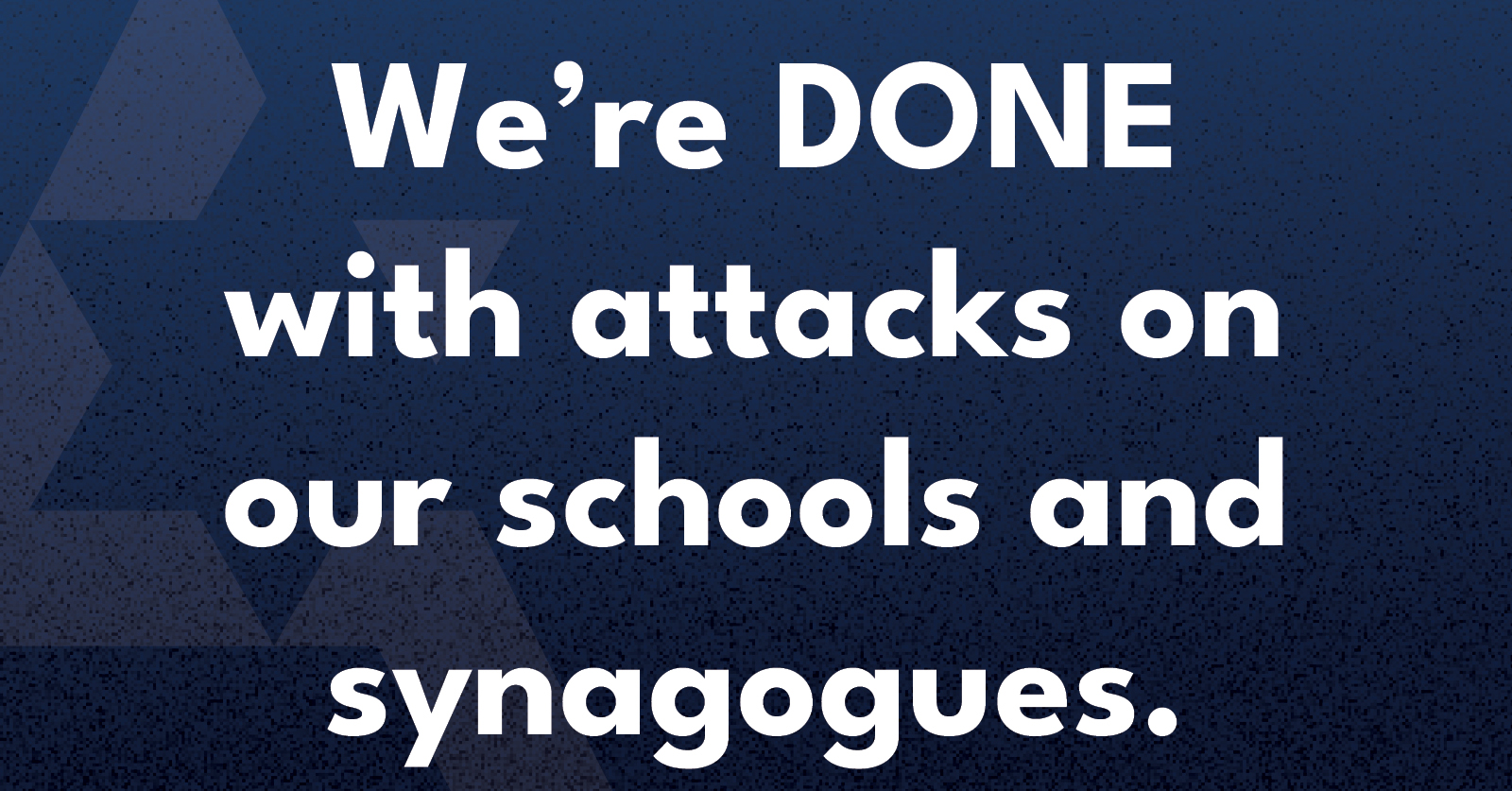Local News
Limmud preview: Famous novelist Naomi Ragen to discuss situation of Haredi Orthodox women

By BERNIE BELLAN The following information is taken from Naomi Ragen’s website: “Naomi Ragen is an American-born novelist, playwright and journalist who has lived in Jerusalem since 1971. She has published eleven internationally best-selling novels, and is the author of a hit play, ‘Women’s Minyan’, that has been performed more than 500 times in Israel’s National Theatre as well as in the United States and Argentine.
“Naomi has written for the Jerusalem Post and other publications in Israel and abroad, as well as to her blog list, about Israel and Jewish issues.”
The Wikipedia article about Naomi Ragen notes that “A recurring theme in her fictional works is injustice against women in the Haredi Jewish community.”
(The Wikipedia article also mentions that Naomi has been sued a number of times for plagiarism.)
Recently I contacted Naomi via email, which is how she had indicated to me she preferred to communicate.
Following is a series of questions I posed to Naomi, with the answer she gave tomy questions:
JP&N: Hi Naomi,
I see you’re going to be talking about your latest novel (“An Observant Wife”) in your Limmud presentation. I’ve only read one of your books previously: “The Devil in Jerusalem”, which was the subject of a book club discussion several years ago in a club which I had started at our Jewish Community Centre.
I was floored by that book. I realize it was extremely controversial, so I’d like to ask you one question about that book:
What has been the long-term reaction to your writing such a scathing exposé about a Haredi rabbi?
Naomi Ragen: Thanks for writing. I hope you get a chance to read the book (“The Observant Wife”), which I think is special for a number of reasons. It’s my first and only sequel. And it’s probably my last book on haredim, in which I sum up thirty years of knowledge, interaction, and understanding.
I wrote The Devil in Jerusalem as a public service – believe it or not. A very, very difficult book to write, the subject matter was horrendous. Many people have reviewed the book, saying it was difficult to read, but important. I can’t tell in the short term if it’s made people more wary of wonder rabbis, but more and more we are getting people who are speaking out about rabbinical abuse, so perhaps there’s a trend here which I’m happy to be a part of.
JP&N: Now, turning to your most recent book, “An Observant Wife”, I just read the lengthy review on bookreporter.com, so here are my questions:
What led you to wanting to write a sequel to “An Unorthodox Match”?
NR: This is the first time in my career that I really didn’t want to part with my characters from a previous book, An Unorthodox Match. First of all, when you end a book, you leave your characters to live on in your reader’s imaginations. I felt highly protective towards the characters in this book, the newly engaged mixed couple Leah and Yaakov, the young girl Shaindele undergoing such hardships, the children orphaned of their mother Chasya and Mordechai Shalom. I wanted to take their futures home with me and raise them myself.
Also, I think of all my characters Lola/Leah is very close to my own life, and I’d never really explored Chozrim beteshuva in my books, so I was eager to keep exploring her character.
JP&N: From what Pamela Kramer writes about “An Observant Wife” in her review, it seems that a recurrent theme in this book and your others is that the ultra Orthodox are no different in most respects than any other human beings in terms of their needs. What I often wonder though is whether the kind of repression that I associate with ultra Orthodox life masks greater psychological problems among ultra Orthodox Jews than non ultra Orthodox?
NR: From my personal experience, it all depends on the sect. I view modern Orthodox as pretty much the same as secular society when it comes to repression. After all, no one does exactly what they feel like doing because of the consequences. Chassidic sects are something else. In my opinion they are pretty much all cults and yes the repression can be psychologically damaging as it is in any cult.
JP&N: The notion of someone from a non-observant background, such as Leah in this novel, adopting fully the role of an ultra Orthodox wife is something that I’ve seen over and over again in real life, including in my own family.
Invariably these women become “holier than thou”. Do you think there’s a common thread that runs through women who come from non-observant backgrounds and become ultra Orthodox?
NR: As you’ll see when you get into An Observant Wife, the newly Orthodox are usually looked down upon by those born into the tradition who consider themselves holier than though. The newly religious are always apologizing for the things they don’t know. But if you are referring to the need of people who become religious to clash with people living their former lifestyle, I would say that holds true of anyone who becomes a true believer, whether religious or vegetarians, or people who give up gluten. I think whenever you take restrictions upon yourself, you feel the need to justify it and reject everyone else, just to reassure yourself you are doing the right thing, especially when it gets hard.
JP&N: Are you going to be talking only about your new book in your presentation?
NR: Actually, I’ll be discussing a whole range of subjects including how difficult it has been to have started the whole genre of books about the ultra Orthodox. I was considered a whistle blower, and still am.
Local News
Cheryl Hirsch Katz, Jewish Child and Family Service’s longest serving staffer, set to retire at end of the month

By MYRON LOVE “I loved working at Jewish Child and Family Service,” says Cheryl Hirsh Katz, who is due to retire at the end of June. “I have always appreciated the warm and welcoming atmosphere here. I feel that the people working here are my extended family. I am going to miss my colleagues”.
“I have derived great satisfaction over the years to have been able to help many people in our community of all ages through my work at JCFS,” she continues.
After 44 years at the agency, Katz, the longest-serving member of the staff, was given an appreciative send-off at the JCFS’s recent (June 23) Annual General Meeting at the Shaarey Zedek Synagogue.
The daughter of Art and Bess Hirsh, Cheryl grew up in Garden City. She attended Peretz School, then Jefferson Junior High and Garden City Collegiate. She joined the staff of JCFS in 1981, shortly after receiving her Bachelor of Social Work degree.
She earned an MSW in 1990.
“I chose to become a social worker,” she recalls, “because I always wanted to be able to help people.”
Katz was originally hired by JCFS to work with newcomers. After a couple of years, she was given responsibility for looking after the needs of older adults.
“I really enjoyed working in older adult services,” she says. “That is where I spent the bulk of my time at JCFS.”
After ten years as a case worker, she was promoted to a supervisory role. Later, she was also given responsibility for mental health and addictions programming and settlement services, while keeping the older adult files under her purview.
“As a supervisor, I wasn’t directly involved with individual clients,” she points out. “I was more involved with programming. Among the programs for seniors we organized were – for example – sessions on elder abuse, digital storytelling and memory loss.”
She notes that one of the trends she has seen over the last 44 years is that people are living longer and living in their homes longer. A lot more of our clients are living well into their 90s,” she observes. “We have had to continually expand our staff and the services we provide in order to accommodate the growing demands of an aging population.”
She also spoke of the mental health needs of seniors and aging Holocaust survivors.
She says that she has mixed feelings about leaving JCFS. “After so many years working full time, I am going to have to create a new routine,” she comments.
She notes that, now that she is retired, she will have more time to spend with her parents – who are in their 90s.
And then, there are the two dogs to look after. “I will have time now to try new activities,” she says. “ I might learn to play mah-jong.”
She speaks about maybe doing some traveling – although her husband, Murray, is still working full time.
(She and Murray have one daughter, Farah.)
“Retirement may also include some volunteering,” she adds.
It is quite likely, she will be continuing her association with JCFS but in a volunteer capacity.
Local News
Gray Academy students shine in provincial, national debating competitions

By MYRON LOVE It has been another good year for Gray Academy’s high school students who participated in provincial and national debating competitions. The best results were recorded by Grade 9 student Noa Mednikov, who finished fourth overall nationally, fourth in interpretive reading, and fifth in persuasive speaking at the junior National Public Speaking Championship in early May in Vancouver.
Last October, in the Junior Provincial British Parliamentary Championship – which was held at St. John’s-Ravenscourt – Noa and her partner, Raya Braunstein, finished third as a team while Raya placed third in individual debating.
Their fellow Grade 9 student Maxim Moscalenkov tied for first in persuasive speaking in Vancouver, while the Gray Academy team of Gabe Tapper and Aaron Koplovich finished fifth. Aaron also finished fifth in his individual debate.
Earlier, in March, Maxim finished fifth in the Provincial Juniors debating competition, which was held at Balmoral Hall He and his debate partner, Nate Shenkarow, finished seventh among the teams entered. Last November, he and partner, Ethan Tenenbein, finished seventh in the Junior Prepared Tournament – just behind the Gray Academy team of Nate Shenkarow and Jack Kay.
At the senior high level in that competition, the team of Jacob Tenenbein and Jonah Novoseller finished fourth and Jacob was recognized as fifth best in an individual capacity. Jonah and Jacob also paired up to win the Asper Cup, which was held at their home school.
Jacob represented Manitoba at the Junior National Speech Championship in Vancouver in May and, last October, he and Grade 12 Gray Academy students Julie Krozkin and Daniel Bokser represented Canada at an international debating tournament in Bermuda.
Gray Academy’s debating program was introduced by Linda Martin in 2003. She also led the debating teams at Balmoral Hall. In 2011, Martin was succeeded by Gray Academy high school English teacher Andrew Kaplan.
“Andrew has done a wonderful job with the debating program” says Martin, who has a debating trophy at Gray Academy named in her honour, as well as a provincial trophy for best individual junior debater. “Over the years, Gray Academy students have done very well in many local, national and international competitions,” she adds.
About three weeks ago, this writer had the opportunity to sit down with Andrew Kaplan and six of the school’s top debaters while they discussed the benefits of learning how to debate. According to Noah Strauss – who competed in the Junior Provincials at Balmoral Hall in March, public speaking leaves him with a feeling of accomplishment.
“It’s a good skill set to have,” he observes. “It builds confidence.”
“A benefit of being able to debate is that you learn how to convince people that you know what you are talking about,” adds Maxim Moscolenkov.
Raya Braunstein notes that being able to debate is a skill that she expects to be helpful in many university courses which she may choose to take.
As Andrew Kaplan notes, the ability to express yourself has a great impact in whatever career you choose to pursue.
He points out that debating is compulsory at Gray Academy for all Grade 7 and 8 students – and students can continue debating as an option in the higher grades
Of course, competitive debating is not for everyone. For those students who opt to take that path, the journey begins with internal school debate competition – with the top debating teams and individuals qualifying for local tournaments and – potentially – beyond.
Andrew Kaplan reports that a small number of high schools in Winnipeg and southern Manitoba have active debating programs – including St. Johns Ravenscourt, St. Paul’s High School, St. Mary’s Academy, Garden City and Maples Collegiates in the Seven Oaks School Division, St. Maurice (a Catholic School), as well as Morden Collegiate and Dasmesh, a Sikh private school.
Kaplan expresses his appreciation to the Asper Foundation and an endowment spearheaded by the Kives Family for providing funding for the Gray Academy debating program – as well as the Andrew Slough Foundation – which was established by his friends in memory of the outstanding former Ravenscourt student debater and lawyer who passed away suddenly two years ago at the still young age of 38.
I am confident that our Jewish community can look forward to the continued success of Gray Academy’s star debaters and to the continual emergence of future stars as the times goes by.
Local News
Antisemitism has crept into grade school in Canada

Antisemitism in Canada has moved beyond protests and politics; it is now entering classrooms and altering how Jewish children see themselves functioning within them.
A a university student I have observed the experience of my younger brother in grade eight as a Jewish student. Over the past few months, his school has been at the center of several deeply troubling incidents that have made him feel unsafe in our parks, community, and even his school. Swastikas were drawn around the community, in parks and ponds. Additionally, an older man, who claims to be a pro-Palestinian influencer, stood outside his predominantly Jewish school wearing a keffiyeh, filming a video which then circulated between students on TikTok.
This same man later showed up to our local Jewish community center in keffiyeh to allegedly watch his son play basketball where my brother and many of his classmates go for their lessons, basketball games, and Jewish events. These moments made him and his peers feel watched and targeted just for being Jewish. Local political representatives condemned the incidents and raised awareness about antisemitism, but the fear among students didn’t go away. The feeling of being targeted for simply existing has been taught to my brother, something my parents had tried their hardest to escape from.
Most recently, my brother was chosen to represent his school at a regional science fair. When one of the judges arrived wearing a keffiyeh, he froze. For many, including my brother after the incidents he has faced, the keffiyeh represents a political message. But even more so for my younger brother, it is tied to the fear and intimidation he had already experienced. He felt nervous, distracted, and unsure of how to act.
This is not about silencing political expression. It is about a child who came to share his ideas and left feeling uncertain and afraid. It is about the atmosphere forming in Canadian schools, where Jewish students are being made to feel targeted and unwelcome.
His school made an effort to address the incidents, but the impact is lasting. Posts on social media, much can be very vague at times about inclusion cannot fully undo the feeling of being singled out. A kind word from a teacher does not erase the fear that builds when threats are left unspoken but deeply felt.
I am writing this as a sister who watched her younger brother lose a moment that should have been filled with confidence and pride. He deserved to feel safe. So do all Jewish students in this country.
Moving forward, schools must take concrete steps to protect all students. Antisemitism cannot only be addressed when it becomes violent or overt. It must also be recognized when it appears as intimidation, symbolic targeting, or political messaging that creates fear among students. Children should never have to question whether they are safe in their own classrooms or community spaces.
Events that are meant to support and celebrate students must remain focused on them. Individuals who feel the need to bring political symbols or messages into school grounds or children’s events should not be welcomed in those spaces. Schools must make it clear that their environments exist to support learning, safety, and inclusion, not to host agendas that can intimidate or isolate students.
Administrators and educators must develop clear guidelines for identifying and responding to antisemitic behavior in all its forms. This includes strengthening security measures, offering ongoing staff training, and engaging directly with Jewish families to understand their concerns. Inclusion is not a one-time statement. It is a responsibility that must be reflected in everyday decisions and actions. No child should ever feel unsafe or unwelcome because of their identity.
The author is a Campus Media Fellow with HonestReporting Canada and Allied Voices for Israel who lives in Toronto.
